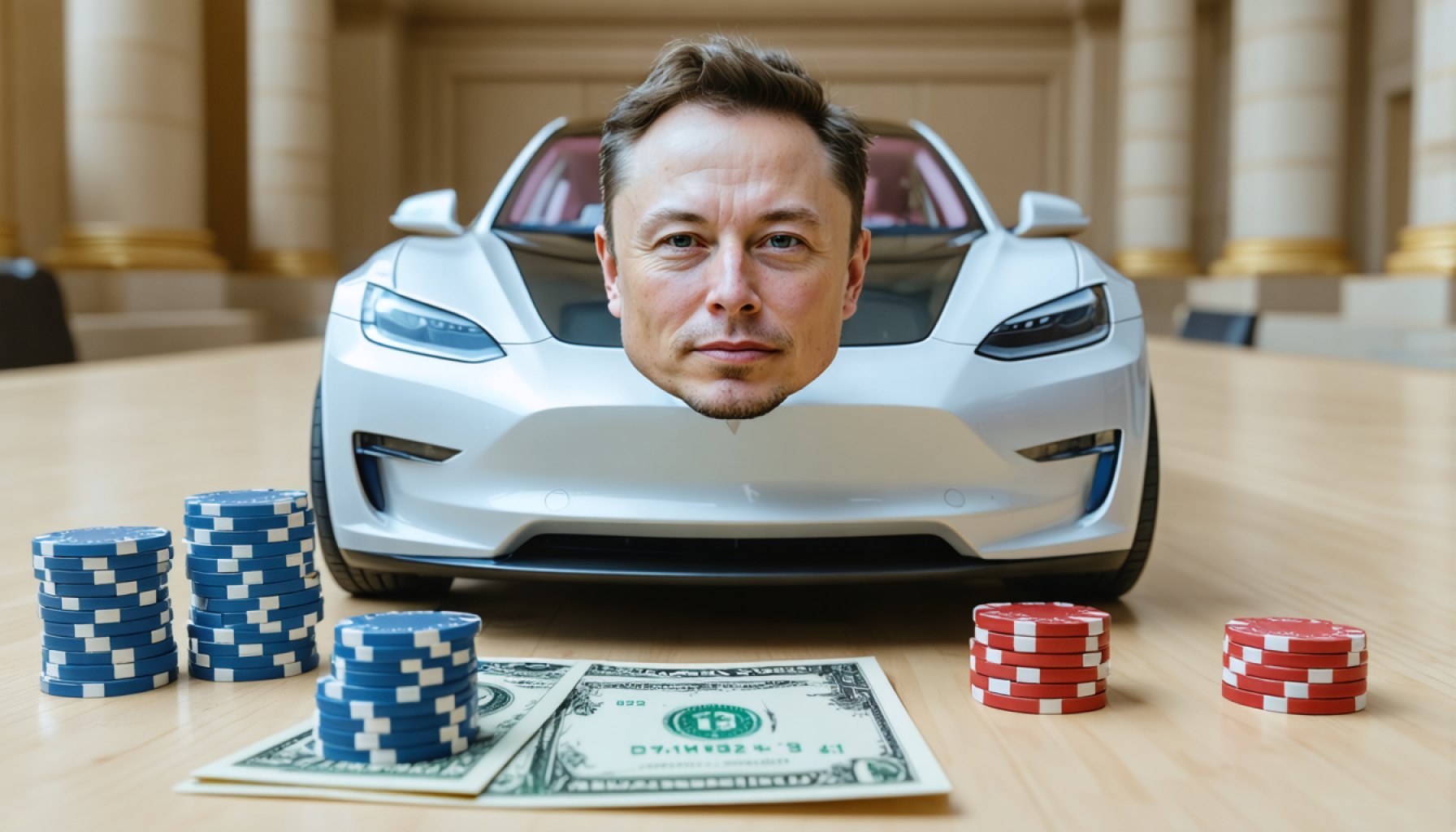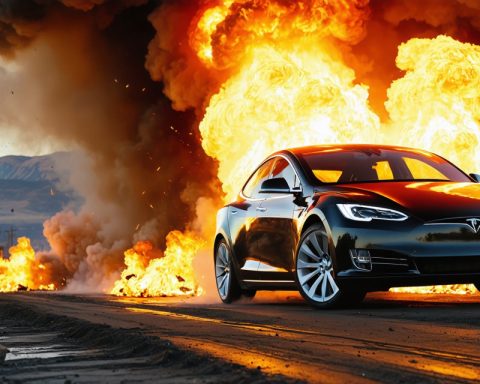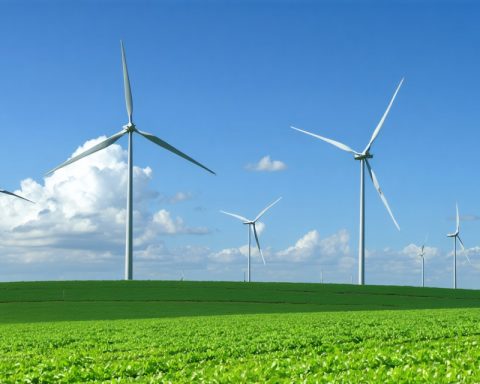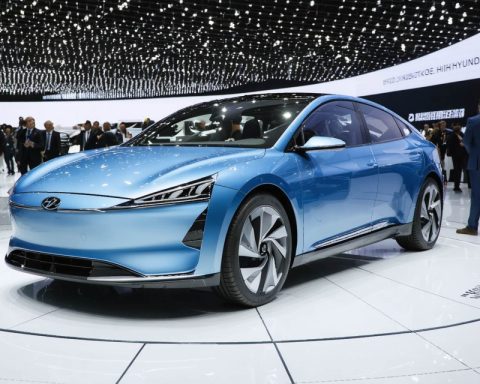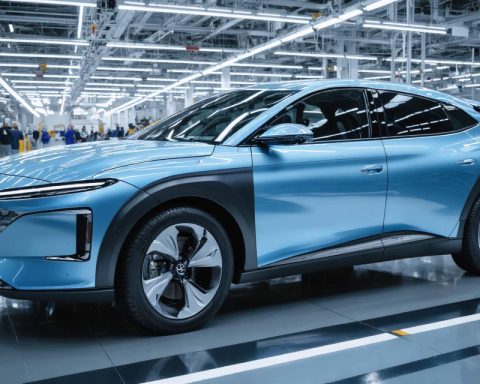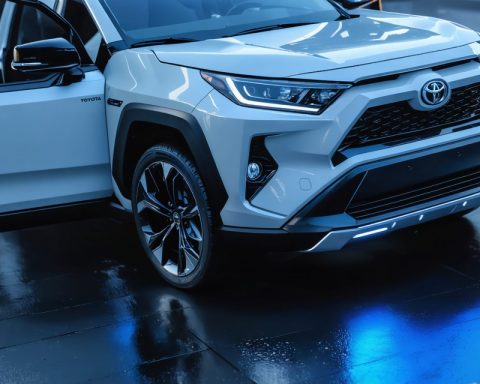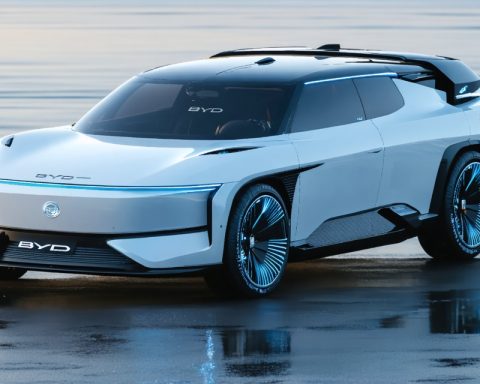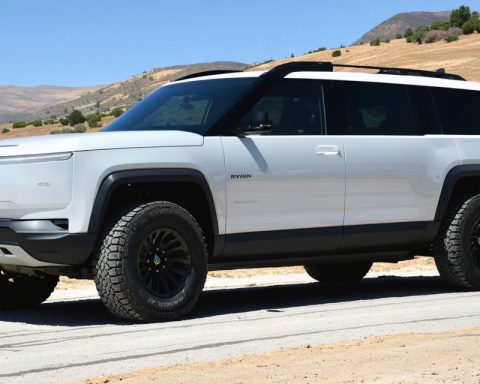- Elon Musk challenges Wisconsin’s law preventing Tesla from opening direct dealerships, highlighting a clash between innovation and traditional regulations.
- The state Supreme Court race becomes a focal point, with over $17 million in contributions potentially shaping Tesla’s legal fortunes.
- Wisconsin’s outdated dealership laws, reflecting statutes from the 1930s, impede Tesla’s entry into the state’s market, forcing consumers to travel for purchases.
- Musk’s financial influence draws criticism, sparking debates on billionaire power in politics, contrasting contributions from figures like George Soros and JB Pritzker.
- The April 1 electoral outcome could significantly impact consumer options, market dynamics, and broader democratic processes.
- The conflict underscores broader themes of balancing progress with tradition, and wealth’s role in shaping change.
Tensions soar in Wisconsin as Elon Musk, the visionary behind Tesla, wields influence and controversy in a high-octane bid to reshape the state’s automotive landscape. At the heart of this unfolding drama is a legal battle pitting innovation against tradition—Tesla’s challenge to a state law that hinders it from opening its own dealerships. As the world watches, millions pour into a pivotal state Supreme Court race that stands to impact both political and business arenas profoundly.
Imagine a world where electric cars silently weave through the verdant heartland of America, unburdened by the archaic restrictions of yesteryear’s laws. For Tesla, this vision has hit a roadblock in Wisconsin, a state clinging to statutes that date back to the early 20th century. In the 1930s, independent dealers secured protective laws ensuring their exclusive right to sell cars, safeguarding their businesses against the perceived threat of manufacturers muscle-flexing in retail sales. These regulations, echoed in nearly 20 states, juxtapose manufacturing with retail, compelling Tesla enthusiasts in Wisconsin to venture across state lines to neighboring Minnesota or Illinois to buy their burgeoning love for clean energy.
Tesla’s decade-long quest for an exemption from this law highlights a cultural clash between new-age innovation and well-entrenched custom. An attempt to pivot this narrative through legislative means has repeatedly foundered in the political vortex, mired in inaction or vetoed by Wisconsin’s governor. The latest salvo was fired this January—a lawsuit arguing that the ban subverts economic freedom and inflates consumer costs. Their legal linchpin claims that operating their own dealerships is crucial, as it offers transparency and cost efficiency that independent dealers supposedly lack.
Parallel to this courtroom saga, Musk’s influence seeps into the political arena, intensifying a Supreme Court race already poised on the razor’s edge of ideology. Brad Schimel, the Republican candidate, eyes a critical vacancy on the bench—a role that could tilt the judicial balance as cases on contentious issues like abortion and redistricting looms. Musk’s financial might, channeling over $17 million into the conservative cause, fans speculation that Tesla’s legal ambitions could be favorably realized once the court adopts a more conservative stance.
This financial infusion from Musk isn’t sailing over without squalls of criticism. Detractors paint these contributions as attempts to buy justice, an idea Musk’s camp dismisses, asserting an unwavering commitment to law and fairness. Yet, the irony isn’t lost on many as Susan Crawford, the liberal contender, retorts with her benefactors George Soros and Illinois Governor JB Pritzker in financial tow, punctuating the race as a battleground for billionaire influence.
As April 1 draws near, the stakes intensify, embodying a narrative larger than automakers and legal frameworks. It is a portrait of pivotal change—where tradition grapples with modernity, money with morality, and innovation with regulation. What emerges could redefine consumer choices, market dynamics, and the delicate dance of democracy.
Whether Musk’s gambit accelerates Tesla toward a coveted victory or careens into unexpected detours, one resounding truth endures: the fight in Wisconsin rings a clarion call for reevaluating how we balance progression with preservation and the powers wielded by wealth in crafting the trajectory of change.
How Elon Musk’s Legal Battle in Wisconsin Could Change the Automotive Industry
Introduction
The showdown in Wisconsin between Tesla and long-standing auto dealership laws encapsulates a broader struggle between innovation and entrenched industry norms. As the debate unfolds, the implications extend beyond state lines, potentially creating ripples in the automotive sector’s landscape nationwide. This article explores these dynamics, offering insights into what this could mean for the future of car sales and the role of wealth and influence in shaping legal outcomes.
The Battle for Direct Sales: A Deep Dive
Underlying Conflict
At the core of the Wisconsin legal battle is Tesla’s desire to bypass traditional dealerships and sell directly to consumers. This mirrors similar efforts across the United States where nearly half of all states have laws impeding direct auto sales by manufacturers. These laws were initially enacted to protect independent dealers from the market power of large automakers but now face scrutiny in a rapidly evolving marketplace.
Tesla’s Argument
Tesla contends that direct-to-consumer sales enhance transparency and affordability for buyers. By reducing intermediaries, they argue that customers can enjoy lower prices and better-informed purchasing choices. This model also allows Tesla to more effectively showcase its electric vehicle technology and provide consistent service standards.
The Role of the Wisconsin Supreme Court
The outcome of the Wisconsin Supreme Court race could be pivotal in determining the future of these laws. If the court adopts a more conservative stance favorable to business interests, Tesla’s legal strategy might gain traction. The influence of personal contributions in judicial elections raises questions about the independence and neutrality of judicial decision-making in cases with significant economic impacts.
Why This Matters
Implications for Traditional Dealerships
If Tesla’s approach proves successful in Wisconsin, it may set a precedent encouraging other automakers to pursue direct sales, potentially reshaping the dealership model as we know it. Traditional dealerships could face increased competition, demanding innovation and adaptation to stay relevant.
Impact on Consumers
For consumers, this shift could mean greater choice, competitive pricing, and a buying experience untethered from dealership pressure tactics. However, it may also result in fewer local dealerships, impacting jobs in related service sectors.
Broader Industry Trends
The auto industry is witnessing unprecedented changes driven by technological advancements and evolving consumer expectations. Automakers are investing heavily in electric and autonomous vehicles, digital retailing, and connected car services. Tesla‘s push for direct sales complements these trends, emphasizing the need for more agile, customer-centric approaches.
Actionable Insights
1. Stay Informed: Whether you’re a consumer or part of the automotive industry, keeping abreast of state and national legislation affecting auto sales is crucial in this transformative era.
2. Evaluate Customer Preferences: Dealerships should invest in understanding customer demands for transparency and technology in the sales process.
3. Explore Electric Vehicles: As electric vehicles become more accessible, consumers should consider their benefits, availability, and supporting infrastructure.
Conclusion
The clash in Wisconsin between Tesla and archaic dealership laws exemplifies the tension between aging regulations and modern innovation. While the outcome remains uncertain, the stakes involve far more than just Tesla’s ability to sell cars directly. They touch upon broader themes of industry transformation, market competition, and the enduring clash between tradition and progress.
As the legal and political landscape continues to evolve, one clear takeaway emerges: all stakeholders must prepare for a new reality—one where consumer autonomy, sustainability, and technological advancements reshape how we view and engage with the automotive industry.
